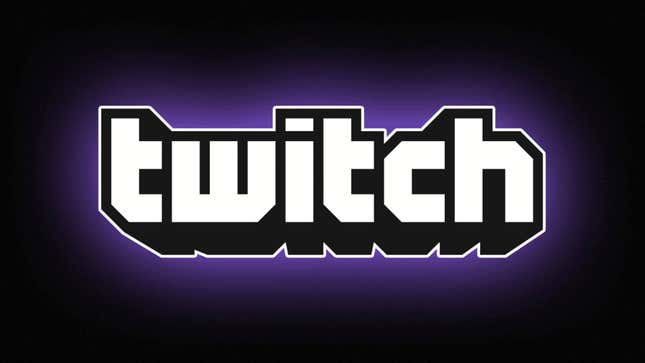
For the past handful of years, Twitch has run an annual “Subtember” promotion that lets viewers subscribe to streamers’ channels at a discounted rate. The longer they opt to subscribe for, the bigger the discount on the first month of a new subscription. This year, it seemed like Twitch had sweetened the deal in a way that benefited dedicated viewers—the audience streamers want to convert into subscribers—but it turned out to be a bug on Twitch’s end. Now it’s gone, and streamers are mourning the wasted potential.
The bug, in this case, allowed even previously subscribed viewers to re-subscribe to streamers at a discounted rate: 20 percent off for one month, 25 percent off for three months, and 30 percent off for six months. For Subtember’s most discounted tiers, three months and six months, this made a good deal of sense. After all, who watches a streamer for the first time and thinks “Heck yeah, I’m gonna commit here and now for six months to this person and community I barely know”? Streamers saw it as a way of rewarding longtime viewers—one of their most reliable income sources—and viewers who are already fans, perhaps courting them into converting a free subscription from Amazon Prime, or that they’d received as a gift into a paid subscription.
Yesterday, however, Twitch announced that it was a bug.
“We discovered a bug with the Subtember promotion which allowed Subscribers to cancel and resubscribe to a channel using the promotional discount,” Twitch said on Twitter. “To clarify, Subtember is reserved for first-time Subscriptions to channels, or Prime/Gift Subs continuing to a paid Subscription.”
The company went on to say that it patched the bug, and that while anybody who’d subscribed under the previous terms would get to keep their discount, the deal would only apply to first-time subscribers going forward.
Streamers have near-universally lambasted this decision, pointing out that it vastly reduces the usefulness of a promotion that was already pretty confusing to viewers.
“Welp, this is now the most worthless Subtember ever,” wrote Twitch partner turned Mixer partner turned Twitch partner (again) Renée on Twitter. “The likelihood that someone who has never subscribed to my channel before is willing to drop a 3-6 [month] recurring sub is extremely low.”
“This Subtember requires so much explanation that it’s pointless to even promote,” said speedrunner GrandPooBear on Twitter. “What first-time sub is like ‘I’m committed for 6 months’?”
“This Subtember is almost useless to us,” said Twitch partner Ashnichrist. “Streamers are growing engaged, long-term communities and relationships. Why doesn’t Subtember support these types of viewers vs. solely new ones?”
Others took aim at how cynical this particular approach to the promotion seems, especially during a pandemic.
“Even in a pandemic, Twitch still wants their money even though the struggle is real,” said fitness and video game streamer StreetGrind.
“Remember when Subtember was actually a sale to promote financially supporting streamers and not just focused on onboarding more people into Amazon’s payment system?” said Destiny streamer Char.
Subtember hasn’t exactly been on the rise since Twitch kicked off the promotion years ago. In 2017, for example, all subscriptions were 50 percent off for the first month, though the new subscriber stipulation was still in place. Still, as Twitch has grown and changed, so have streamers’ income sources. But even though Twitch is substantially larger now than it was when Subtember first began—and it’s owned by Amazon, one of the largest companies in the world, and this year’s Subtember is sponsored by Capital One, a massive bank—it has taken away benefits that previously existed and failed to add new ones that are more in line with how streamers operate in 2020.
“New subs are great, but it’s my long term supporters that make up the vast majority of my sub revenue,” said streamer CrashKoeck on Twitter. “This just goes to show that it was never about the streamers and the community, it was all about bringing fresh money in for Amazon.”